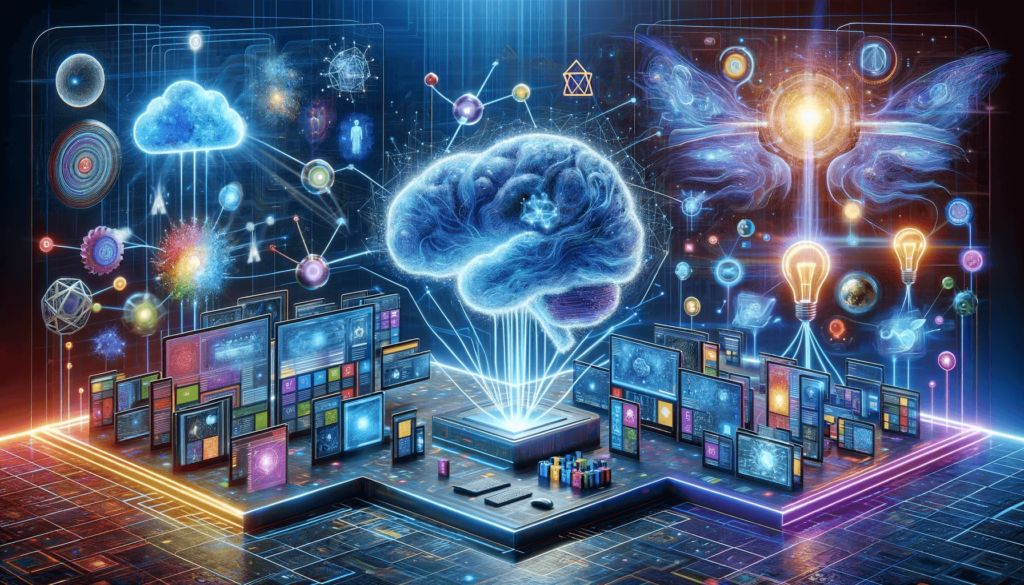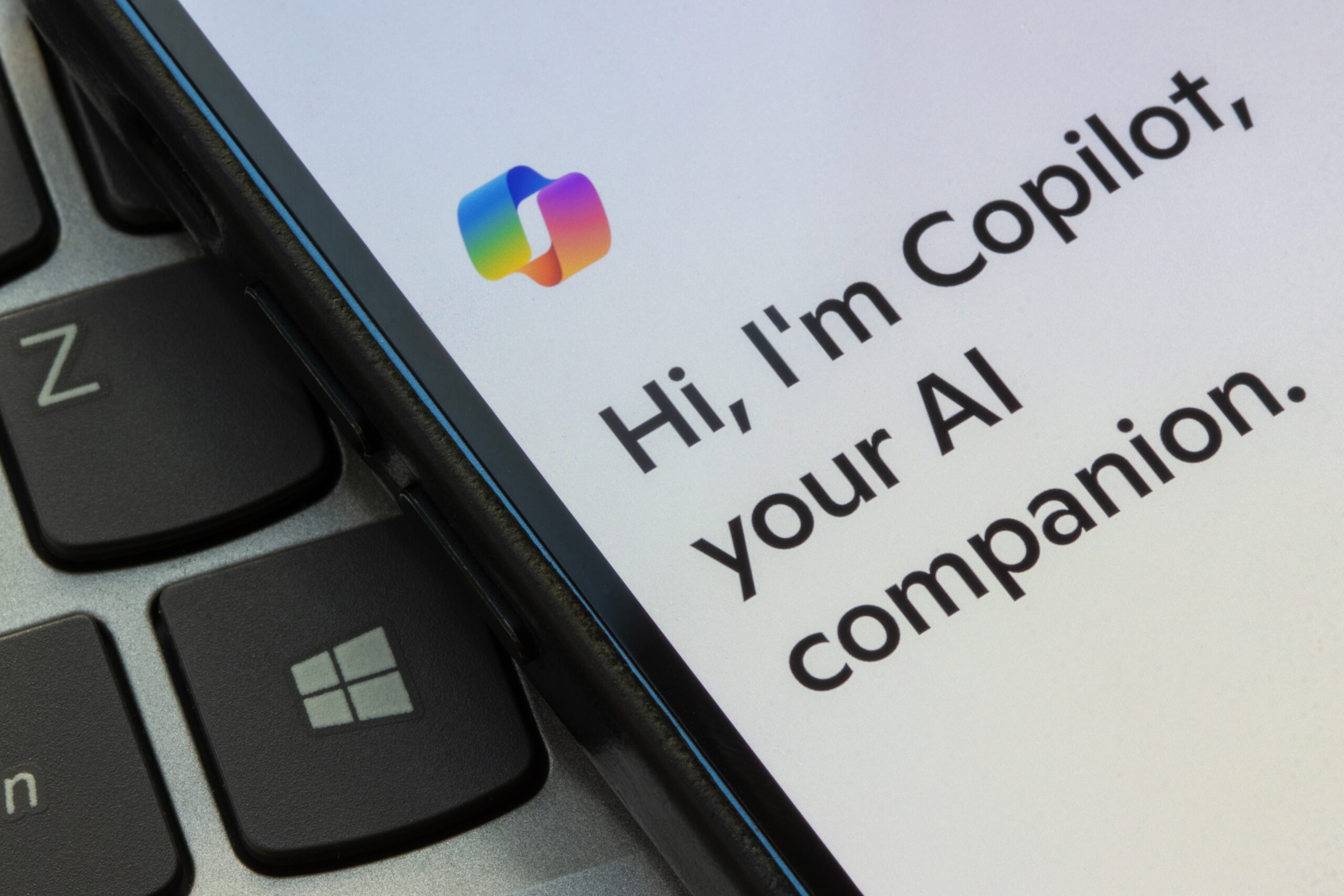At the Microsoft Power Platform conference in Las Vegas recently, Microsoft showcased how AI technologies, including the Copilot assistant, are bolstering its Power Platform, which is focused on low-code development. The platform, which includes Power Apps, Power Automate and more, allows “ordinary users in business” or “ordinary developers” to build apps, websites and more without deep technical knowledge.

Charles Lamanna, CEO of Microsoft, pointed out that the Power Platform has seen rapid growth, with more than 5.2 million active community members each month. AI technologies play a key role in the platform, simplifying and speeding up development processes with advanced features such as natural language processing.
Copilot, using AI technology, allows users to use natural language to describe what kind of website they want to create. For example, users can tell Copilot in Power Pages to generate a site structure and a homepage with different layouts and themes. Users can then further edit and modify the site using a common graphical interface. Copilot also makes it easy to design and build intuitive forms with multiple steps based on just a few words. This process simplifies web development and increases developer productivity.
Microsoft also announced new Copilot capabilities for the Power Apps component that not only help with web development, but also with data and content from a variety of sources, supported by Power Virtual Agents. These new capabilities include more complex layout and data tasks, allowing users to build applications faster and more agilely.
Other improvements relate to environment management and application deployment. Managed Environments, now generally available, give administrators more visibility and control with less effort. New environment routing and delegated deployment tools enable automation of application management in Power Platform, which includes GitHub-based approval workflows and auditing.
As such, Copilot is playing an increasingly important role in defining the modern user experience on the Power Platform, enabling users to create apps that are fast, enjoyable, collaborative and accessible on all devices. Microsoft also continues to improve mobile Power Apps, including new support for offline data in Canvas apps.
The importance of AI in the Power Platform is clear and growing, indicating that Microsoft plans to further expand these capabilities to facilitate the development of applications on its platform, further strengthening its position as a leader in digital transformation in the future.






